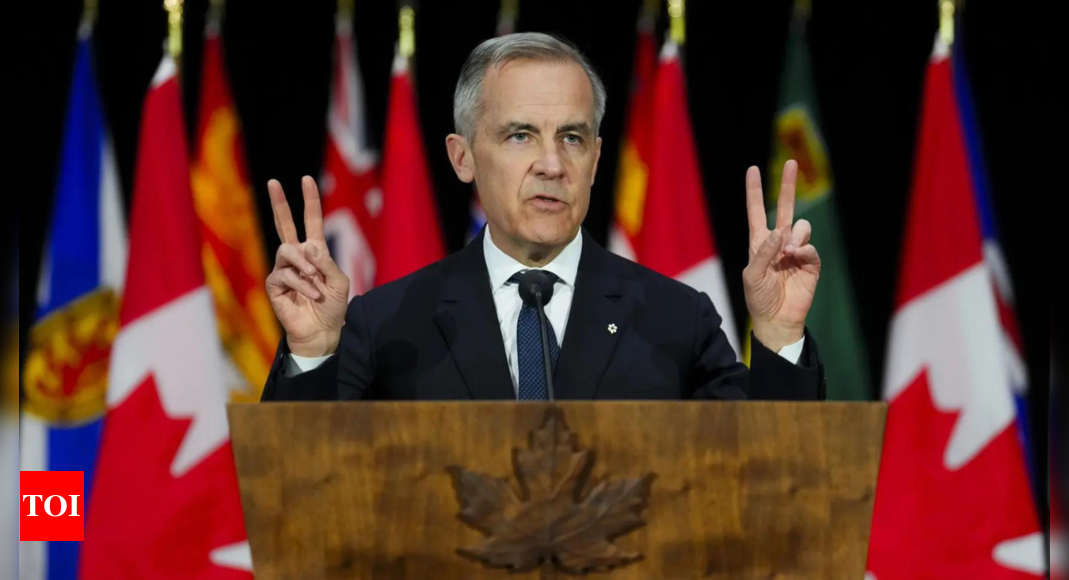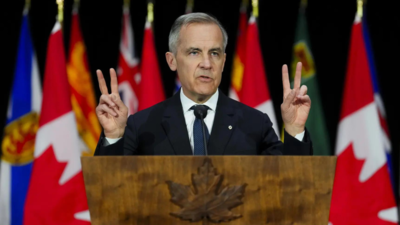Now Reading: New Canadian PM Carney to Contest Parliamentary Seat in Ottawa District
-
01
New Canadian PM Carney to Contest Parliamentary Seat in Ottawa District
New Canadian PM Carney to Contest Parliamentary Seat in Ottawa District

Swift Summary
- Canadian Prime Minister Mark Carney will run in Ottawa’s suburban Nepean district to join Parliament, according to anonymous officials.
- Carney triggered an early general election scheduled for April 28, with the campaign lasting 37 days for 343 seats in the House of Commons.
- The governing Liberals elected Carney as their leader on March 9 after Justin Trudeau’s resignation earlier this year and a leadership race.
- Carney highlighted the need for strong government mandates during crises while facing challenges from U.S. President Donald Trump’s trade war and sovereignty threats.
- trump imposed tariffs on Canada’s steel and aluminum,threatened broader trade restrictions,and suggested Canada become part of the U.S.,sparking nationalist reactions that have strengthened Liberal poll standings despite prior predictions of defeat.
- Opposition Conservative leader Pierre Poilievre opposes Liberal policies while focusing on “Canada first.” Conservatives are restricting media access during campaigns.
- Carney comes from an economics background; he led both the Bank of Canada during the global financial crisis and became head of the Bank of England during brexit’s fallout.

Indian Opinion Analysis
Mark Carney’s entry into frontline politics amid an economic crisis presents a critical test for Canada’s governance model as it addresses growing nationalist sentiment influenced by external pressures like Donald Trump’s rhetoric and trade actions. For India, which frequently enough emphasizes sovereignty amid global trade dynamics, Canada’s situation reflects how economic nationalism can reshape domestic political outcomes.
As globally interconnected economies face rising protectionism, India’s policymakers may study such scenarios where external pressures considerably alter internal electoral narratives. Moreover, Canada under tariffs exemplifies vulnerabilities that India must consider within its own strategy regarding free trade agreements or partnerships with major powers like the U.S., whose influence can sometimes destabilize allies’ domestic politics.The emergence of nationalist counter-reactions also underscores how nations rally identity-based sentiments against perceived threats-a phenomenon equally relevant for Indian domestic politics given its diverse socio-political context.

























